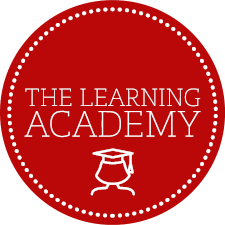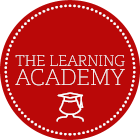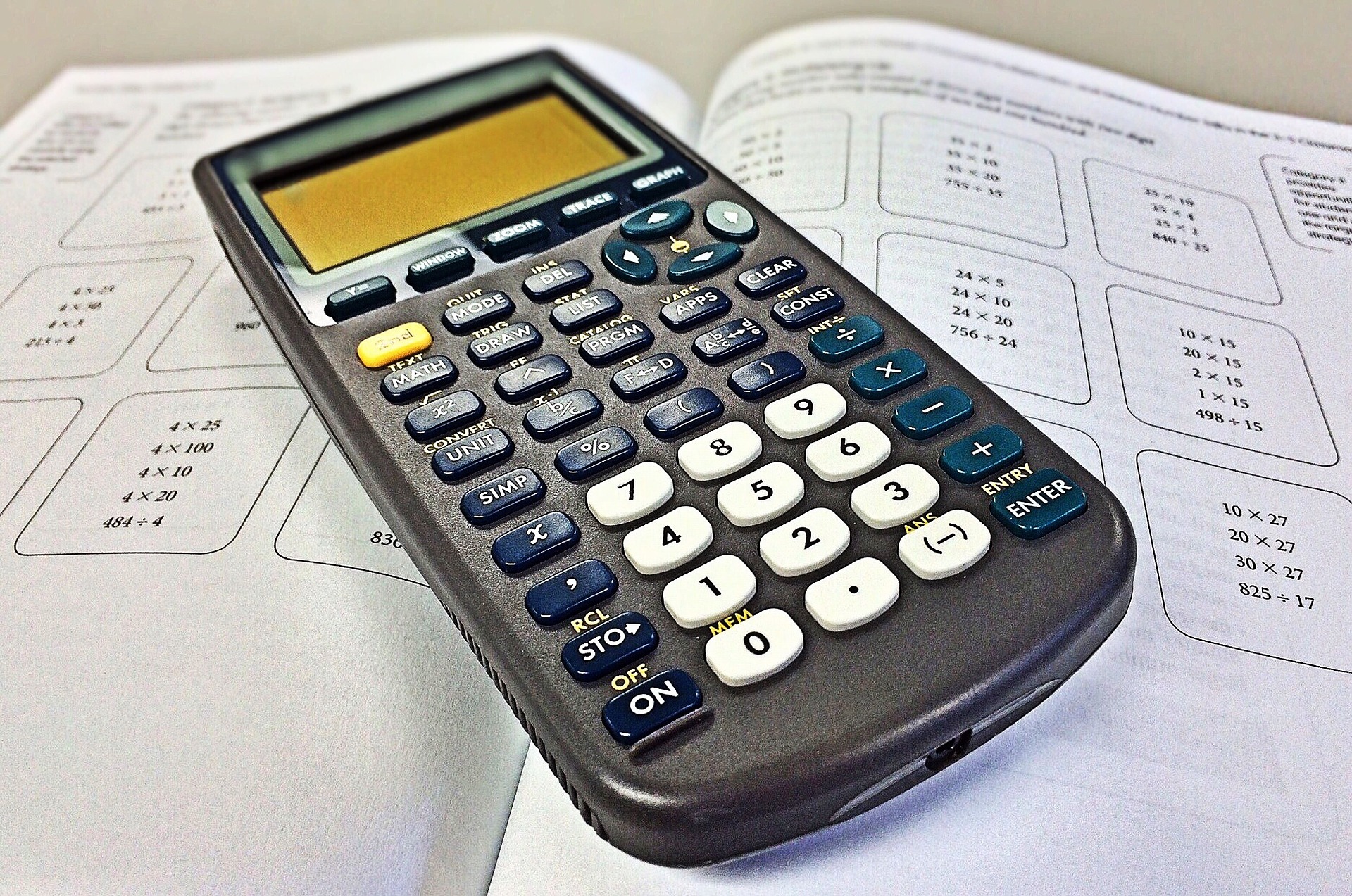Frequent oral practice of Maths skills will really help your child’s progress in Key Stage 1 Maths. This can be done incidentally whenever you have a spare moment, e.g. in the car; waiting for something/someone; at mealtimes; when you are out and about . If you can make it into a game all the better.
Below are some ideas on how you can help your child with Key Stage 1 Maths.
Most importantly make it fun!
Key Stage 1 Counting
- Counting forwards and backwards in 1s, 2s, 3s, 5s and 10s to 100 and beyond. Try starting from numbers other than zero.
- Counting in odd and even numbers. Identifying random numbers that you see as odd or even.
- Estimating and counting large groups of objects – count by grouping in 5s or 10s.
Key Stage 1 Addition and Subtraction
- Learning by heart the addition and subtraction facts for numbers to 10 and 20 – extending to numbers to 100, e.g. 7+3=10, 3+7=10, 10-7=3, 10-3=7.
- 1, 2, 3, 4, 5 or 10 more or less than a given number.
- Adding multiples of 10 to a 2 or 3 digit number, e.g. 56 + 30 = (count in tens 66 76 86)
- Adding by counting on, starting with the larger number first, e.g. 23 + 7. Extend to adding 3 numbers together.
- Trying to add mentally by using partition, e.g. 23 + 12 12= 10+2 23+10=33 33+2=35
- Subtract by counting back.
- Trying to subtract mentally using partition (as above).
- Learn by heart doubles using numbers to 10. Try working out larger doubles, e.g. double 42 40+40 2+2= 84 (double the tens, double the units and add together)
- Learn by heart halves of numbers up to 20. Try working out halves of larger numbers, e.g. 24 half of 20=10 half of 4=2 10 + 2 = 12 (halve the tens, halve the units and add together)
- Word problems (+ and -), e.g. Tom bought 24 apples. He ate 12. How many did he have left?
Key Stage 1 Number Recognition
- Read and write numbers to at least 100 in numerals and in words
- When out and about, read any numbers that you see, page numbers in books, numbers in the newspaper etc. Extend to numbers above 100 up to 1000.
- Put a series of numbers into order.
Key Stage 1 Money
- Playing with coins to become familiar with them – adding up sets of coins or finding the right coins to pay for something
- Being a shopkeeper and giving change.
- Giving pocket money as loose change to total.
Key Stage 1 Shape
- Looking for regular and irregular 2D shapes in the home or out and about – extend to include pentagons, hexagons and octagons.
- Looking for and naming 3D shapes.
- Looking for objects with symmetry.
Key Stage 1 Measuring
- Using a ruler or tape measure to measure objects in centimetres and metres – estimate first.
- Weighing in grams and kilograms when cooking. Looking at food labels.
- Measuring liquids in litres and millilitres – observing food labels and measuring when helping in the kitchen.
Key Stage 1 Time
- Months in a year, days in each month, hours in a day, hours in half a day, minutes in an hour, seconds in a minute.
- Months in each season.
- Use a calendar. How many days in September? How many Tuesdays in January? What day will your birthday be on? When is Christmas Day?
- Tell and write the time to five minutes, including half-past/quarter past/to the hour and draw the hands on a clock face to show these times


